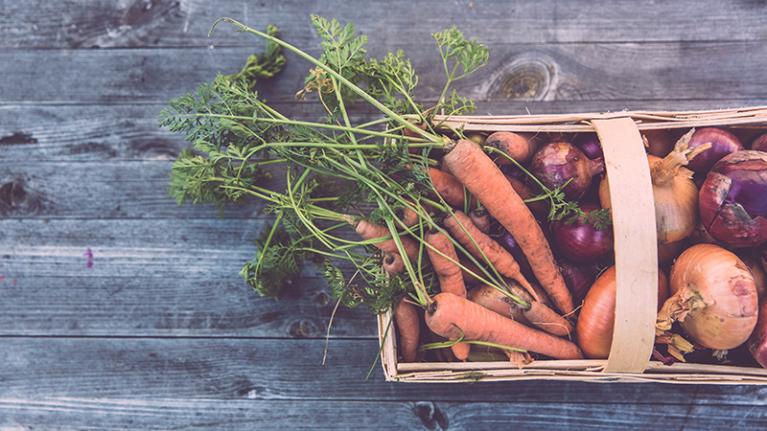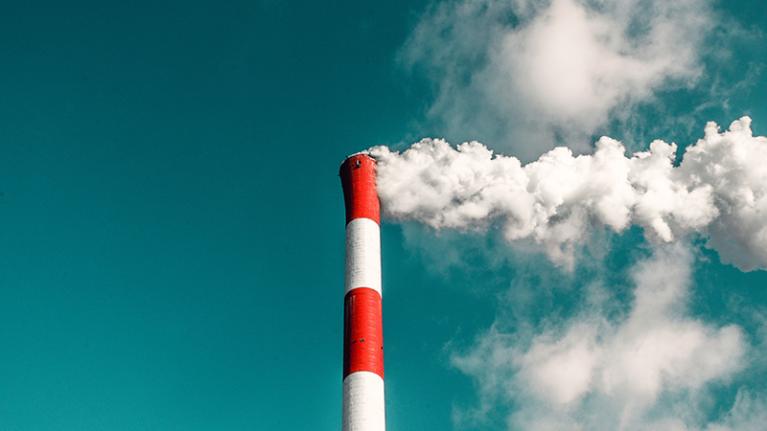How you can start to make a difference on World Environment Day
Since 1974, World Environment Day has been celebrated every year on 5 June, engaging governments, businesses and communities to focus on pressing environmental issues.
This year’s theme is biodiversity, which is an urgent concern. Healthy ecosystems, rich with biodiversity, are fundamental to human existence. Recent bushfires in Australia and the Amazon rainforests, locust infestations in East Africa – and now a global pandemic – show just how interconnected our world is, and how much we depend on its health.
Creating a positive change takes a global effort, from the smallest actions of individuals to those taken by local communities, schools, universities, businesses and world governments.
VU is building a community that is committed and contributing to place-based planetary health initiatives through research, learning and teaching, and the way we engage with our communities and each other.
Here are five ways you can help reverse the trends of biodiversity loss and reimagine our relationship with nature.
1. Cycle, or take public transport
As restrictions begin to ease, many of us will be getting back into our cars to go back to work or study. To reduce our carbon emissions, it might be a better option to cycle or take public transport.
If taking the car is the only way to get to where you need to go on time, think about car-pooling with fellow workers or friends to help reduce the number of cars on the road.

2. Go reusable
Landfills piled high with single-use items have a negative impact on the environment. Go reusable instead. We’re already doing it with shopping bags, and we can do it with coffee cups, straws and much more.
Plastic that ends up in nature as waste often gets mistaken for food by animals, causing injury or death.
Choosing to purchase reusable goods sends a message to businesses that single-use items, especially those made from plastic, cannot be the norm anymore. Some countries in Europe are already banning plastic single-use items, so the momentum is already there!

3. Grow a garden
Gardens help the environment in many ways. They reduce air and noise pollution, erosion, and energy costs. They also minimise the carbon footprint and provide a food and home source for various animals and insects.
If you can’t build your own garden, find community garden projects you can join in your neighbourhood or local area.

4. Source local food
Explore where to buy local produce. It’s an important factor in sustainable business practice.
Purchasing goods and produce from local vendors and manufacturers cuts down on fuel emissions. This is because it takes less fuel to transport goods locally than transporting them from overseas or interstate.
Going local encourages biodiversity, as nearby farms growing varied crops will benefit. It also helps to maintain healthy soil and prevent plant and crop disease. And as an added bonus, shopping for local goods supports your region's community and economy.

5. Pressure your politicians
Although the individual changes we make can have an impact, we also need to focus on the big picture. Governments play a key role, as do large institutions – including our universities.
VU’s whole of university commitment to place-based planetary health is a big step in the right direction.
Write to your local councillors and politicians to urge them to adopt environmentally friendly policies.
It is up to everyone to keep pressure on those leading our communities and countries, so we can hit our environmental targets and help reduce global emissions.
